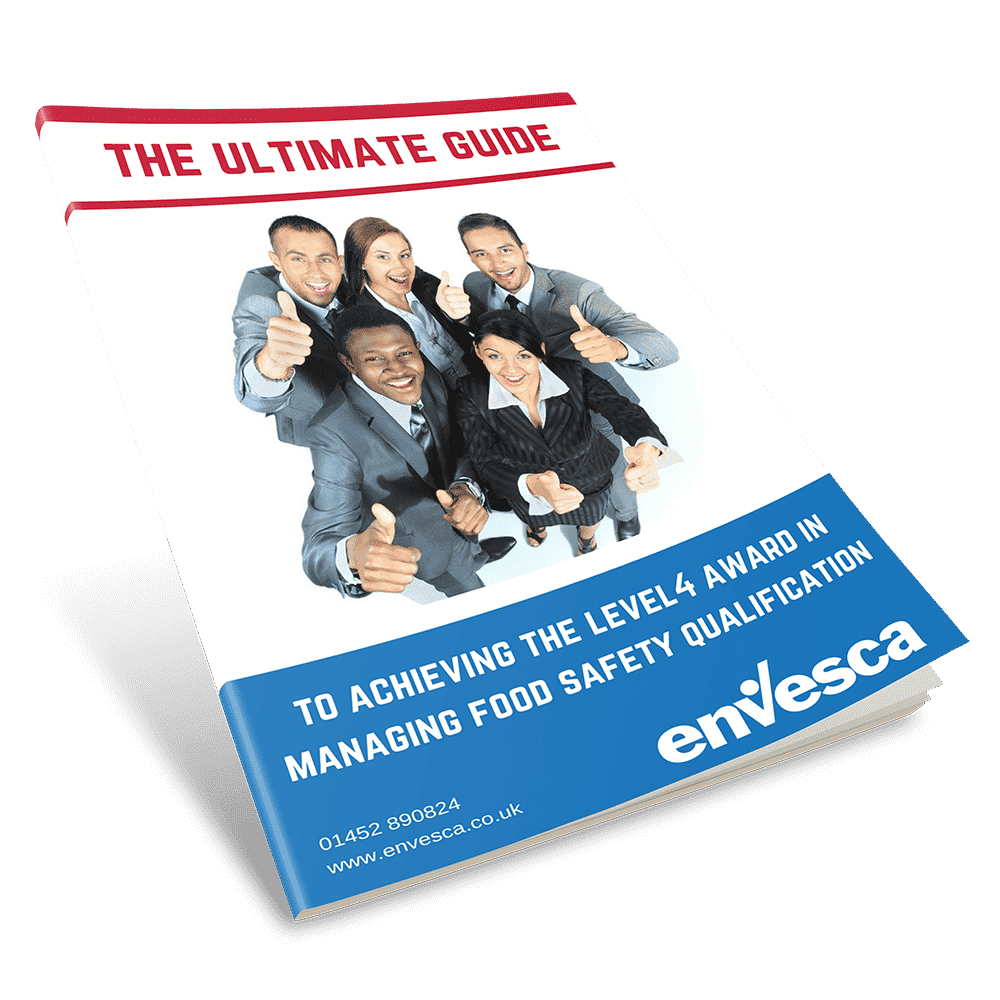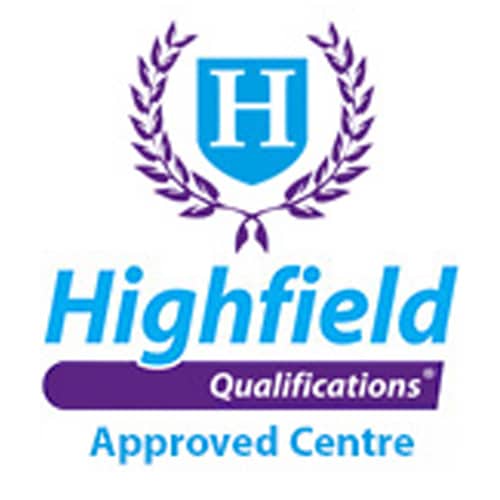
Does your food business need to comply with HACCP? Do you have an HACCP plan?
The world of food safety is full of jargon and acronyms, and we’ll bet you’ve heard of this one. But what’s it all about?
What Is HACCP?
HACCP stands for Hazard Analysis and Critical Control Points and is a preventative approach to food safety.
Businesses following HACCP protocol identify and manage food-related health and safety risks by focusing on potential biological, chemical and physical hazards that might occur or develop during all processes. This includes looking at production, preparation, packaging and distribution to mitigate any identified risks that could make the end product unsafe.
HACCP was developed in the 1960s by NASA and is now recognised universally as an essential marker of food safety for food-based businesses, forming part of relevant legislation for many countries.
The 7 Principles Of HACCP
There are 7 key aspects of HACCP that businesses must follow to employ strict food safety and be deemed compliant. These principles are included in the international standard ISO 22000 FSMS 2005 and are important for businesses involved in any area of the food industry.
Because each food business is unique, the 7 principles below form a template for businesses to apply to their processes and procedures to ensure best food safety practice is adhered to.
Hazard Analysis
This initial stage describes the process of hazard identification and can be applied to all stages of the food supply chain. A food safety hazard is anything that could influence food substances in a physical, biological or chemical way to make them unsafe.
Controls to prevent, eradicate or manage the hazards must be put into place for every hazard that is identified.
Identify Critical Control Points
Critical control points, or CCPs, are points or steps in your business’ food-based process at which a control measure can be implemented to control a hazard.
CCPs can be identified where the hazards in question cannot be controlled at a later stage. A business could have any number of critical control points depending on its processes, and it is also possible that one control point could reduce, eliminate or prevent multiple hazards depending on the nature of them.
Establish Critical Limits
Critical limits are the maximum or minimum levels each CCP must adhere to to comply with safety standards. These limits are anchored by research or regulations and tend to be based on temperature, pH level and physical appearance.
Many workplaces utilise an alarm system to notify workers that a critical limit is close to being reached.
Monitoring Process
Monitoring each CCP is pivotal in ensuring each hazard doesn’t surpass its critical limit, and this process can make or break a HACCP plan. Measurements and observations can be taken manually or automatically; for example, daily fridge temperature checks are taken by a staff member to ensure the foods being stored remain within the correct temperature range to avoid spoiling.
Set Corrective Actions
The term corrective actions describes the process a staff member must follow if a hazard exceeds its critical limit. Corrective actions prevent, reduce or eliminate the hazard to an acceptable level.
Verification
Your business will need to review its HACCP plan to check that all of the steps in your process make sense, are clear and simple to follow, and that they work. Verification can include reviewing and analysing records and performing routine maintenance on machinery.
Through verification, a business can ensure they have applied the 7 HACCP principles to all associated processes.
Record Keeping
Detailed, up-to-date records are a huge part of your HACCP plan and evidence your ability to follow food safety procedures and maintain regulatory compliance correctly.
Records also help you spot any issues before they cause bigger problems and might be called upon as part of a food safety inspection.
Who Should Develop A HACCP Plan
We’ve covered the 7 key principles of a HACCP plan, but who’s responsible for developing one?
The production of a successful HACCP plan normally requires a team effort, even in small businesses.
Often, a business will unite a HACCP team for this very reason. The team should include staff members from all levels and areas with sufficient knowledge to identify hazards, controls and limits.
Other parties who might develop a HACCP plan include:
- Food safety professionals
- Managers and team leaders
- Production Staff
- External consultants.

Why A HACCP Plan Is Essential
A HACCP plan is vital for most food-related businesses at all stages of the product supply chain. Here are the benefits.
Prevents Illness
By isolating hazards and ensuring they are effectively monitored, you heavily reduce the risk of illness from unsafe foods.
Compliance
Adhering to food safety legislation is crucial for food businesses, and non-compliance can see you facing fines, costly litigation charges and even a prison sentence. Developing a HACCP plan supports you to maintain clear compliance.
Catches Issues Early
Working through the 7 aspects of HACCP highlights any problem areas within your processes before they cause an accident or incident which deems your food unsafe.
Ensures Consistency In Your Product
With strict procedures and processes in play, the product your business manufactures will be produced reliably and to the same fantastic standard every time.
Assures Consumers
Wearing the HACCP badge helps you to build trust with your customers and clients because HACCP is internationally recognised as a mark of gold-standard food safety.
Protects Reputation
With a consistently great product and food-safety precautions in full swing, as well as the records to back it up, your business can be relied upon to deliver and will receive glowing reviews in response.
Food Safety Is Critical For Successful Businesses
How did that sit for you?
HACCP plans can be enough to give anyone a headache, but this simple guide should help you make a start on developing yours.
Need a bit of help dotting the i’s and crossing the t’s? Get in touch. We can develop your HACCP plan for you so that you can get on with running the business.
Find this helpful?
Signup to our email notifications to receive alerts when we publish new blogs. We promise not to spam your inbox, you will just get a short snappy intro to Health and Safety articles we think you will love.
"*" indicates required fields

The Ultimate Guide to Passing the Level 4 Food Safety Examination
If you’ve got a question or query, please contact our super friendly team, they will be delighted to help you!
Simply get in touch via phone or email.

Free
Resources &
Downloads
Informative. Useful. Practical.
Here at Envesca we believe that we are good at giving proactive, sensible and useful advice. Below you will find some free resources that you can download on a host of subjects that will help you and your business.
Training Available
Envesca offer a number of different training courses, which offer advice and guidance on these topics.




